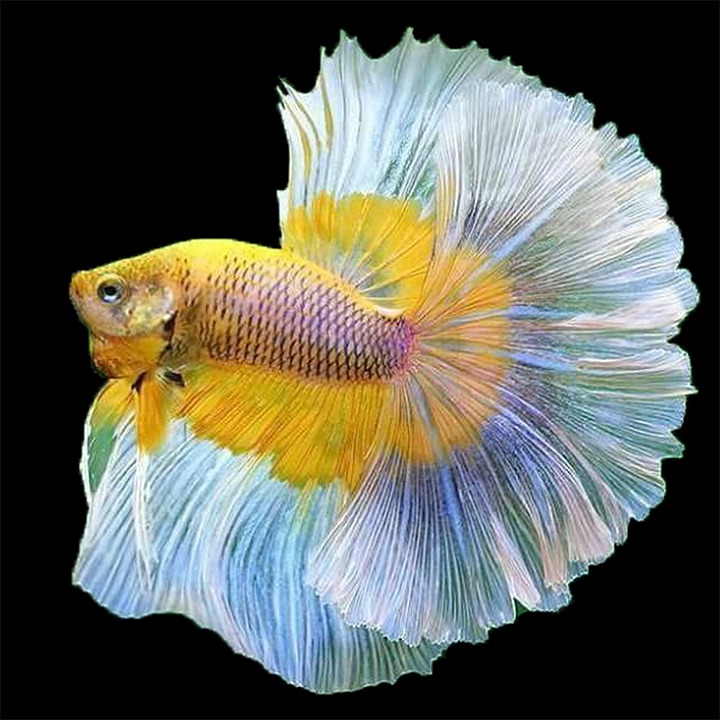Fish Tank Feeding Affects Rapid Breathing in Aquarium Fish: A Study
Understanding the Impact of Feeding Habits on Fish Health
Introduction:
Maintaining proper fish health in aquariums is of utmost importance for fish enthusiasts. One aspect that has gained attention in recent studies is the link between feeding habits and rapid breathing in aquarium fish. A comprehensive study was conducted to analyze the effects of fish tank feeding on fish respiration, shedding light on the factors that contribute to rapid breathing episodes.
The Study:
The study involved a meticulous research methodology and a carefully selected sample of aquarium fish. Feeding frequency and portion sizes were closely monitored to determine the optimal balance for fish health. Observations were made on fish tanks with varying feeding habits to assess the occurrence of rapid breathing episodes. The results were then analyzed and evaluated for their significance in understanding the impact of feeding habits on fish respiration.
Factors Affecting Rapid Breathing:
One of the primary factors contributing to rapid breathing in aquarium fish is overfeeding. Excess food can lead to digestive issues and respiratory distress. Nutritional imbalances resulting from an improper diet can also cause respiratory problems. It is crucial to provide a well-rounded diet that meets the specific dietary requirements of the fish species. Additionally, water quality plays a significant role in fish respiration. Poor water parameters can stress the fish, leading to rapid breathing and other health issues.
Feeding Techniques for Healthy Respiration:
To promote healthy respiration in aquarium fish, it is essential to adopt certain feeding techniques. Portion control is vital to prevent overeating. Fish should be fed small portions 2-3 times a day, depending on their species. Establishing a consistent feeding schedule helps the fish adjust to a routine and reduces the likelihood of rapid breathing episodes. Providing a nutritious diet with a variety of food types is crucial for overall fish health. Monitoring and maintaining optimal water parameters, including temperature, pH, and ammonia and nitrate levels, are also key to supporting healthy respiration.
FAQs (Frequently Asked Questions):
Q1: Why do fish exhibit rapid breathing after feeding?
A1: Rapid breathing in aquarium fish after feeding can be attributed to various factors, such as overeating, nutritional imbalances, or stress caused by poor water quality.
Q2: How often should I feed my fish to avoid rapid breathing?
A2: It is recommended to feed your fish small portions 2-3 times a day, depending on the species. This helps prevent overeating and reduces the likelihood of rapid breathing episodes.
Q3: Can rapid breathing be a sign of fish diseases?
A3: Rapid breathing can be a symptom of certain fish diseases, but it is essential to consider other factors such as feeding habits, water quality, and overall fish behavior before making conclusions. Consulting a fish health professional is recommended for accurate diagnosis.
Q4: Are there specific food types that can help prevent rapid breathing in aquarium fish?
A4: A balanced and nutritious diet is crucial for fish health. Look for high-quality fish food that meets the specific dietary requirements of your fish species. Avoid overfeeding and ensure a varied diet to minimize the risk of respiratory issues.
Q5: How can I maintain optimal water quality to support healthy respiration?
A5: Regular testing and maintenance of water parameters, including temperature, pH, ammonia, and nitrate levels, are vital. Performing regular water changes and using appropriate filtration systems will help maintain a healthy aquatic environment.
Conclusion:
Understanding the impact of feeding habits on fish respiration is essential for maintaining optimal fish health in aquariums. By implementing proper feeding techniques, such as portion control and consistency in feeding schedules, and monitoring water quality, fish enthusiasts can support healthy respiration in their aquarium fish. Further research in the field of fish tank feeding and its effects on respiratory health is recommended to enhance our understanding and develop more effective strategies for fish care.









